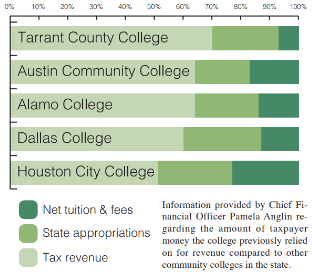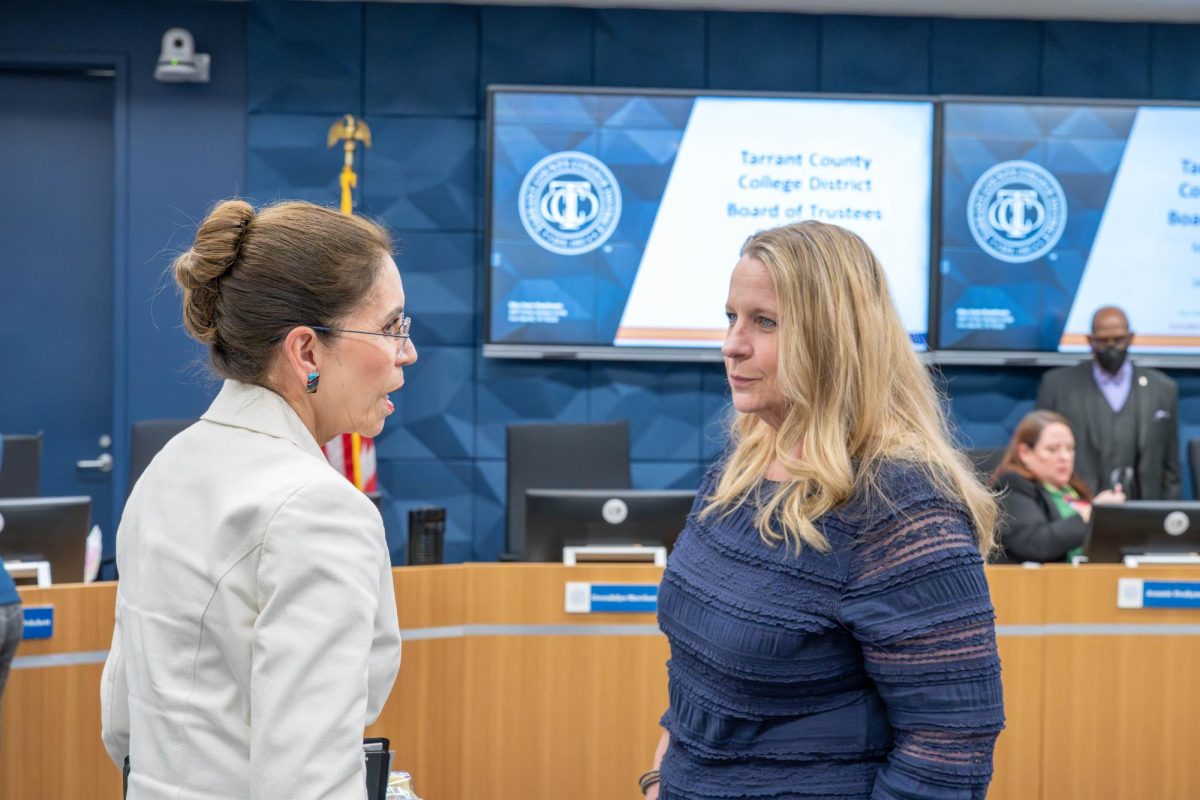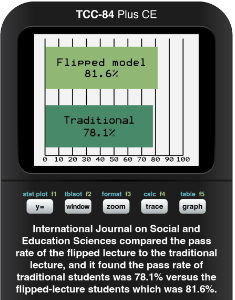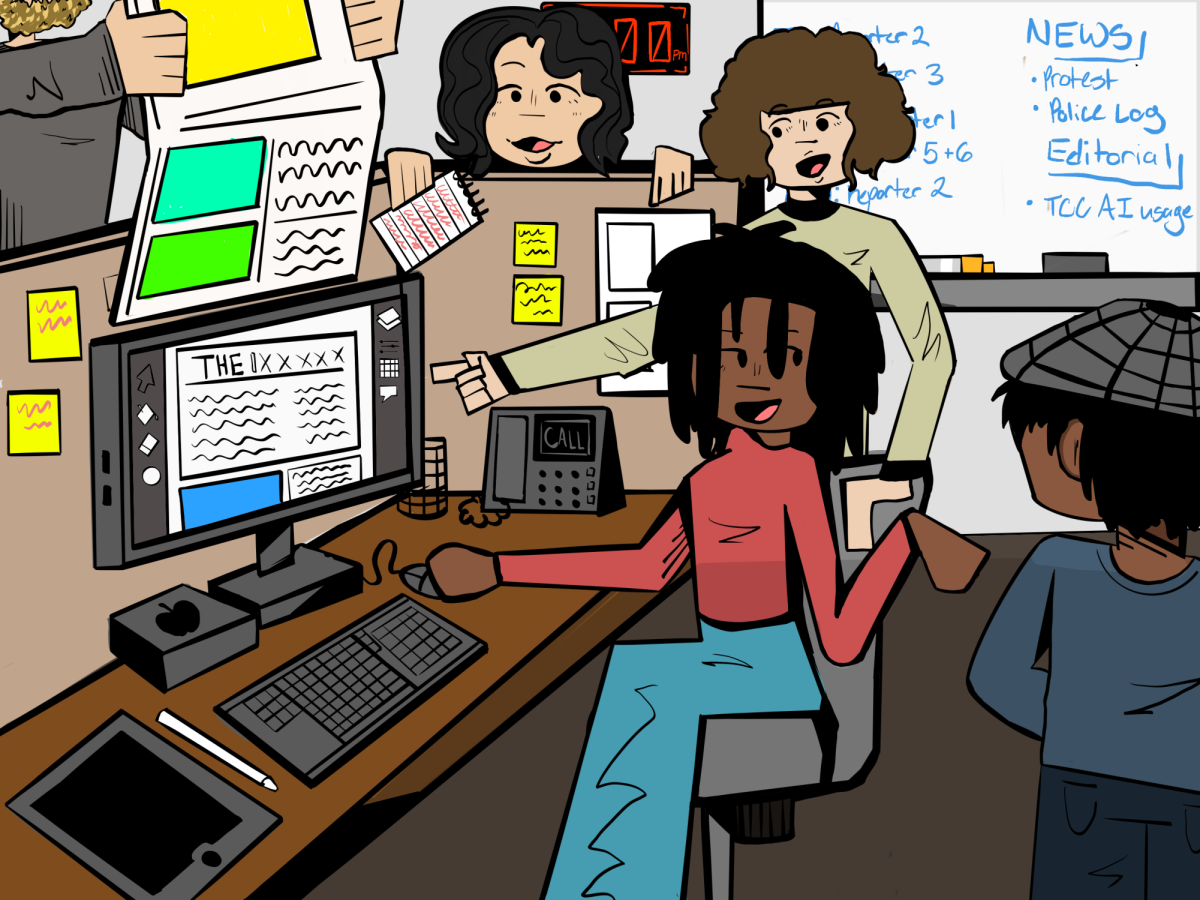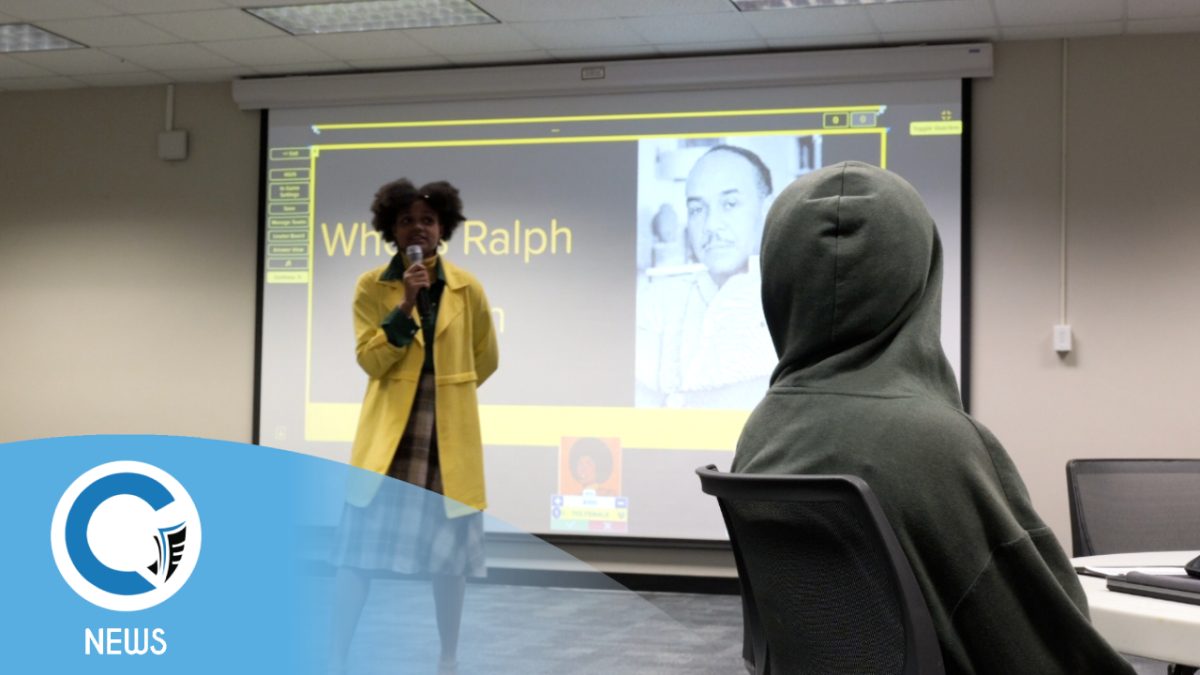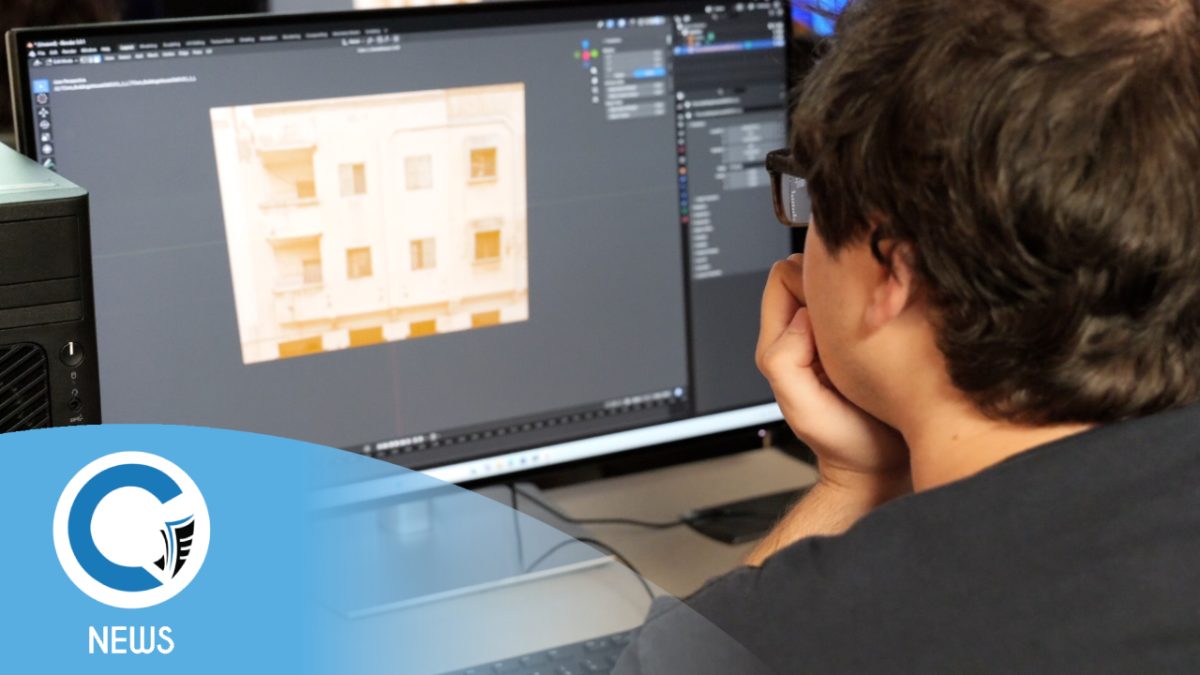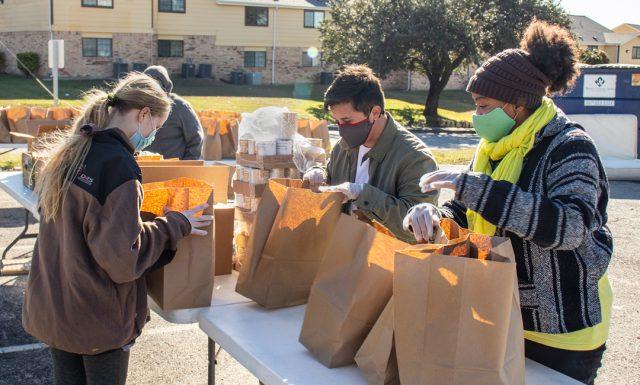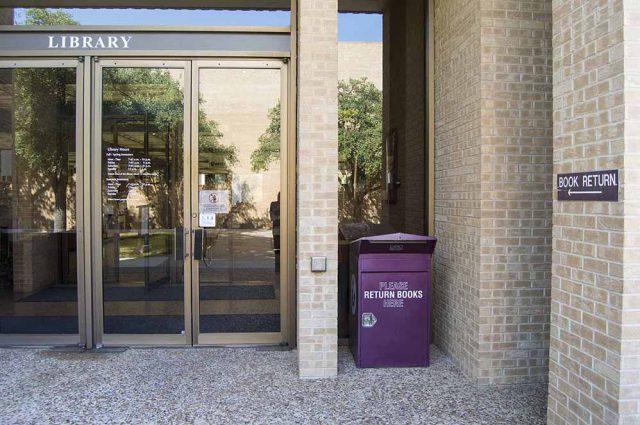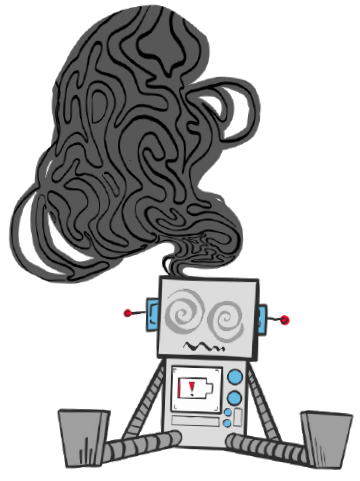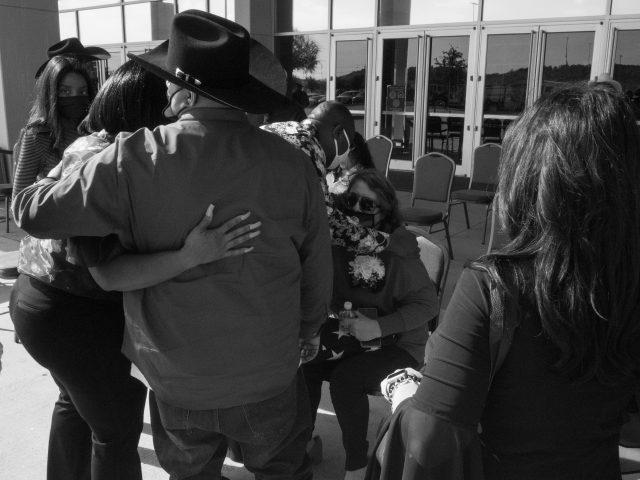Months into the pandemic, professors are still struggling to adapt to their new online classes

Teachers face difficulties due to COVID-19, turning their teaching preferences upside down. Three months into the fall semester, things have not seemed to have changed.
DEIRDRE BENAVIDES
reporter
As TCC students acclimate to virtual classrooms amid a pandemic, instructors are doing the same.
“Working entirely from home has been the biggest shift,” TR geology adjunct in- structor Sarah Garcia said. “I generally teach hybrid classes (lecture online and lab on cam- pus), but now even the lab portion is online.”
The synchronous class video meetings that take the place of the on-campus weekend lab attendance was another shift, Garcia said.
“It is a challenge learning to talk through a computer instead of directly to students in a classroom,” she said. “It is easy to forget how much instructors, and people in general really, while talking or lecturing, rely on non- verbal cues from others until it is no longer available.”
Even for educators who previously taught online, routines have changed since the start of the pandemic.
“I usually spent extra hours at my office working and had the break of spending time with my students, which I enjoy. It keeps me
going,” South arts associate professor Kara English said. “I have the advantage of teach- ing online for more than 10 years, as well as face-to-face, and studying online delivery as part of my graduate studies. Now I am in front of my computer working seven days a week, often more than eight hours a day, some as much as 12 hours.”
For some instructors, however, the ex- perience of teaching remotely remains only slightly altered.
“Since I am solely a Connect Campus instructor, all of my classes have always been online. I haven’t made any adjustments to my syllabus,” Connect foreign languages adjunct instructor Felicia Dillard said.
Before, students who took Dillard’s class all wanted an online format. Now that’s not always the case, she said.
“With COVID, I now have students who do not prefer online classes and would rather be taking in-person classes,” she said. “It’s been an interesting dynamic, and I’ve had a lot more students reach out for connection and extra help than pre-COVID – which has been great!”
The COVID-19 pandemic has shifted some students’ needs and instructors are responding.
“I have always had a lenient late work policy, but between students who are first-re- sponders working double shifts, students who are ill, students who now have less access to technology (printers, reliable internet), I have made it a priority to allow more flexibility since COVID, and that is reflected in this se- mester’s late work policy,” Garcia said.
As the semester has moved on, instruc- tors have stayed attuned to students’ changing lives.
“I have noticed that students have been more nervous and panicky with technology than before,” Dillard said. “I have also had more incidents of ill students or students fac- ing hardships because of the pandemic, which has required more flexibility and grace on my part.”
Teaching technology through technology has its own unique obstacles.
“Even spending hours with some stu- dents on the phone and on the computer over and over is not enough,” English said.
English also said even with specialized technology such as Microsoft Teams, which allows her to see users’ computer screens as they see them, the in-person component of
demonstrating technology is irreplaceable. “When working at Tarrant County College, I’ve learned that the only thing that is constant is change,” English said. “Teaching, being a student and being an employee may never be the same. Although cha evi- table, this is change on steroids.”


